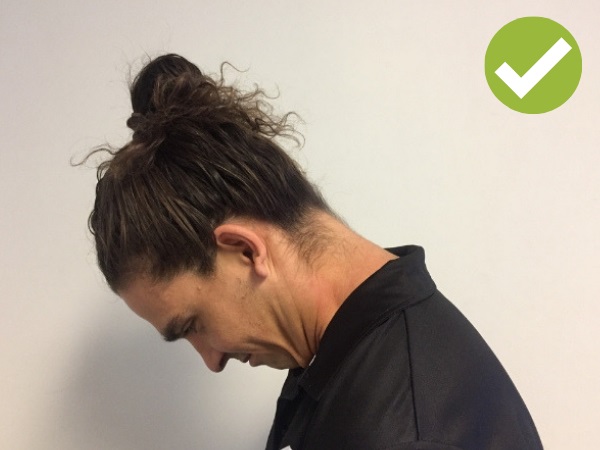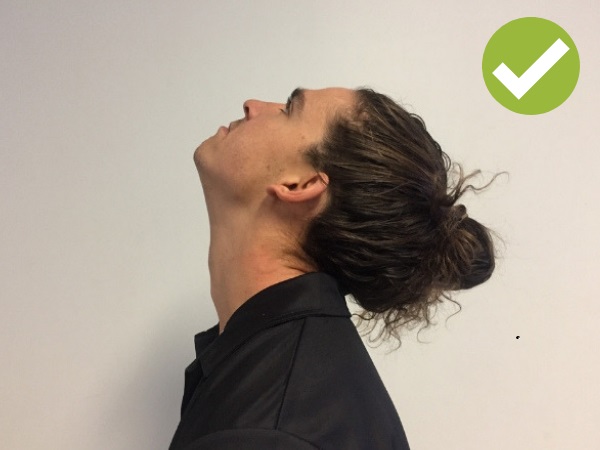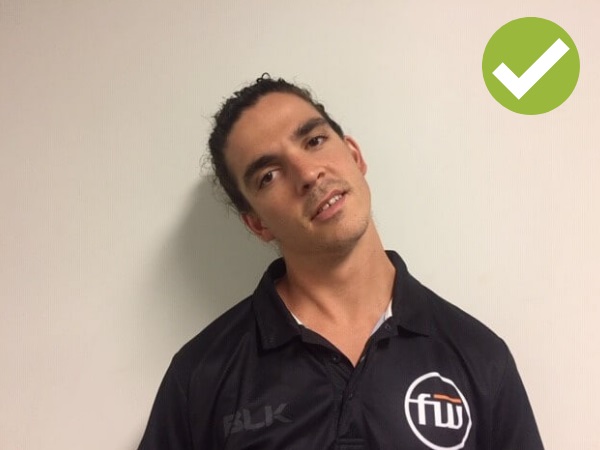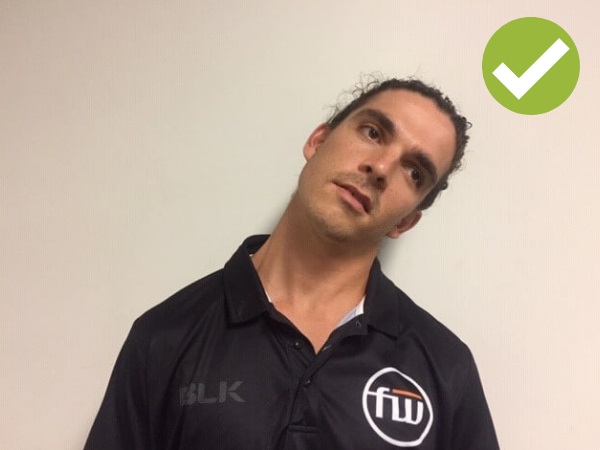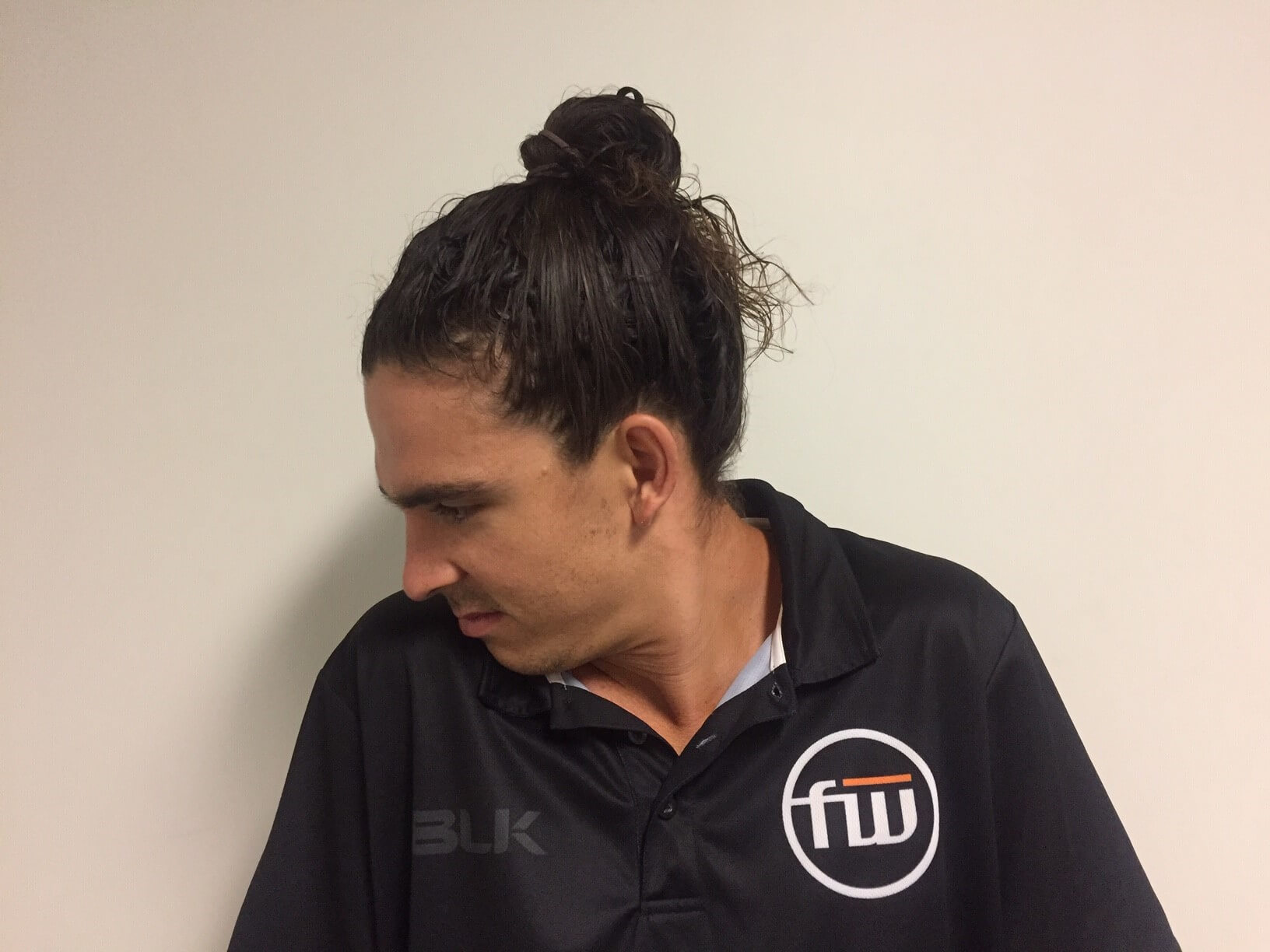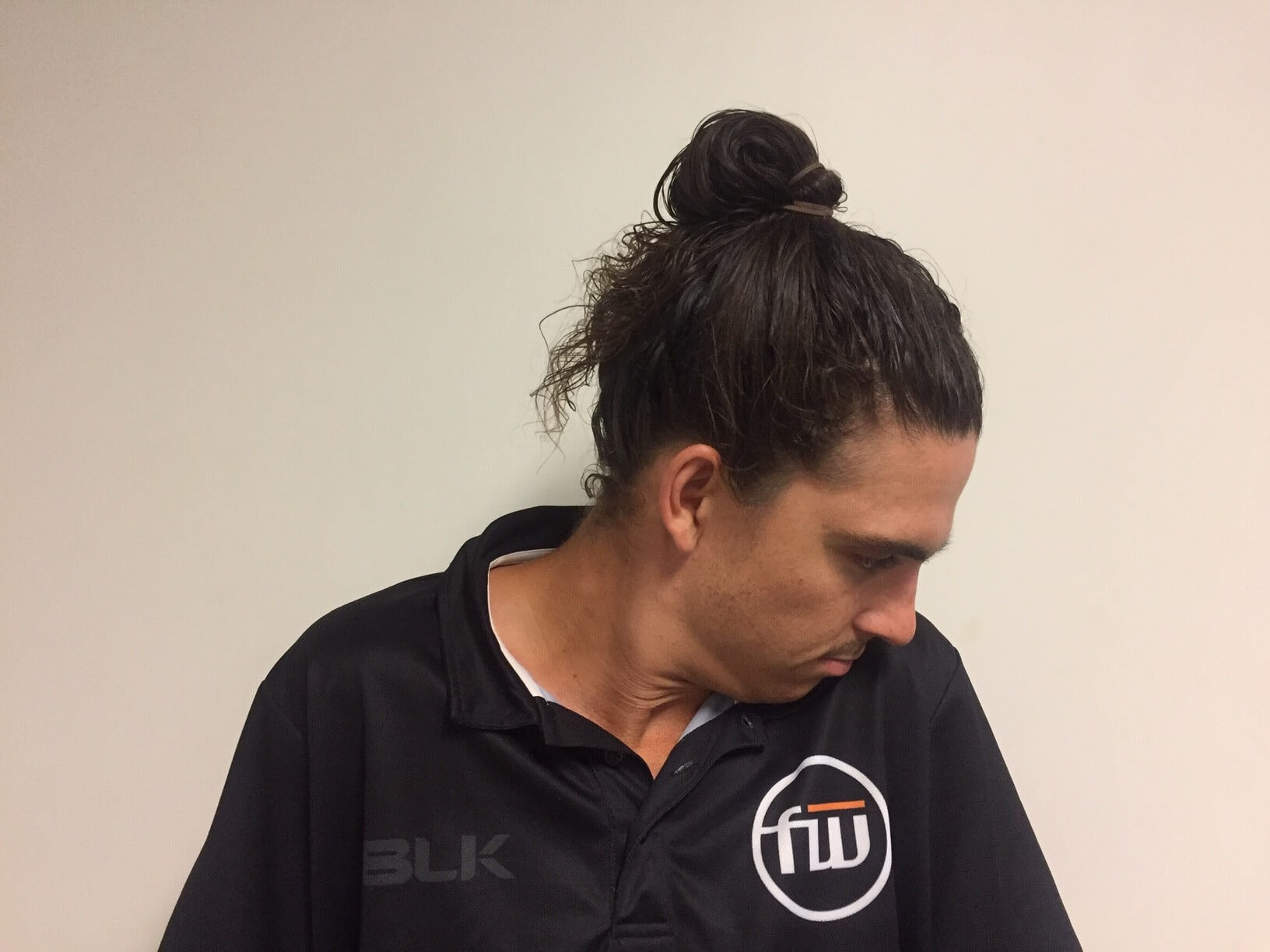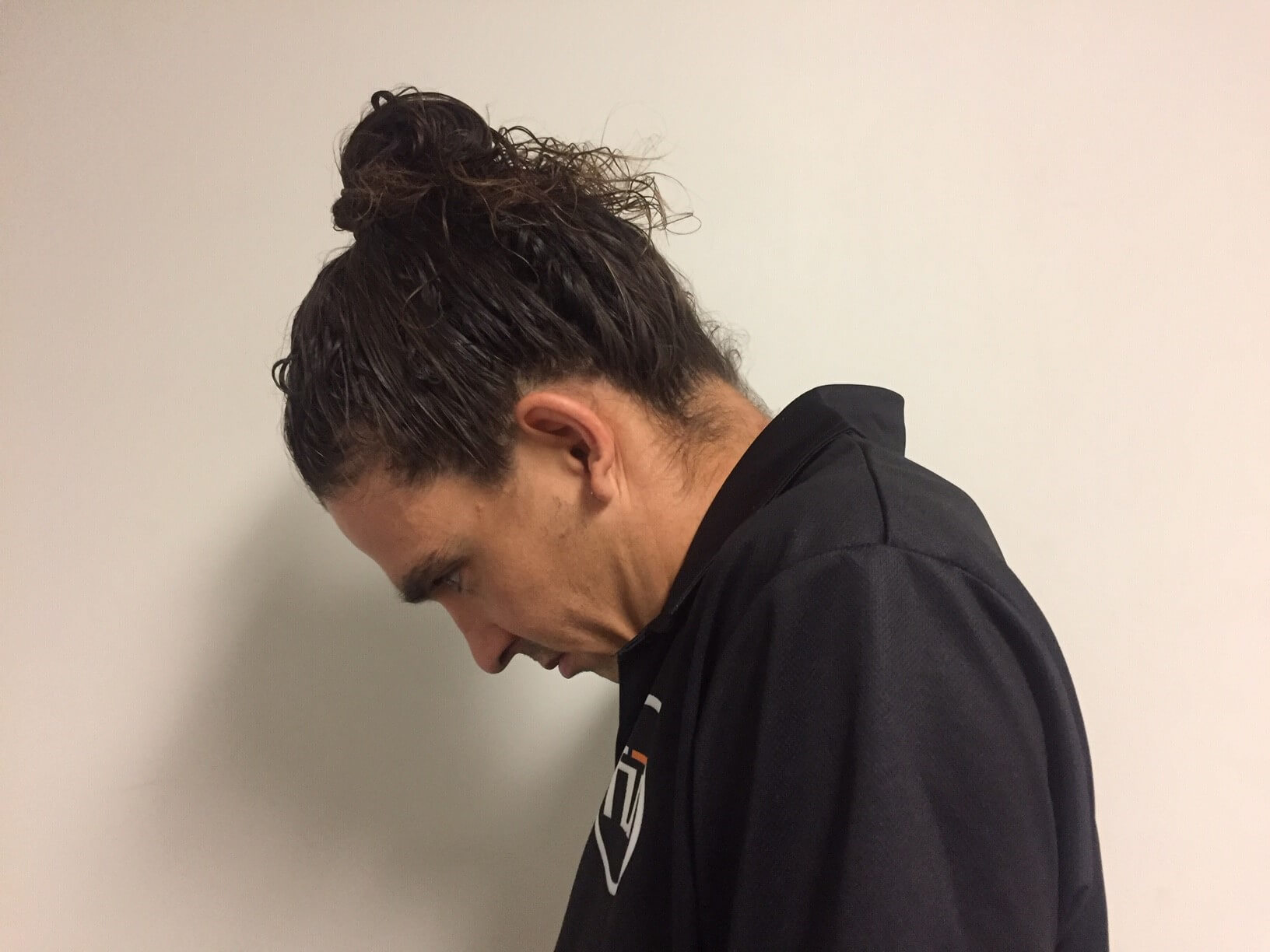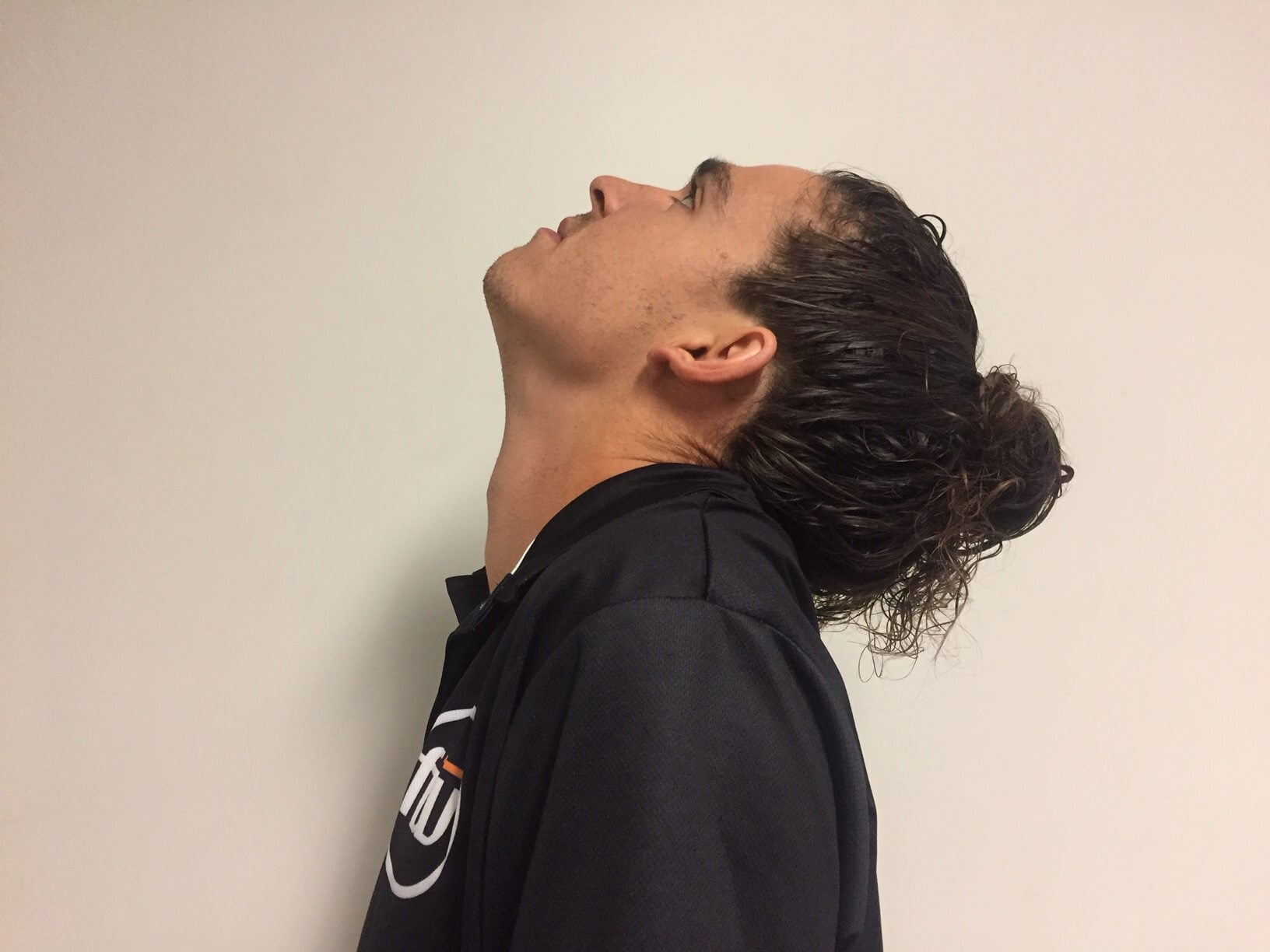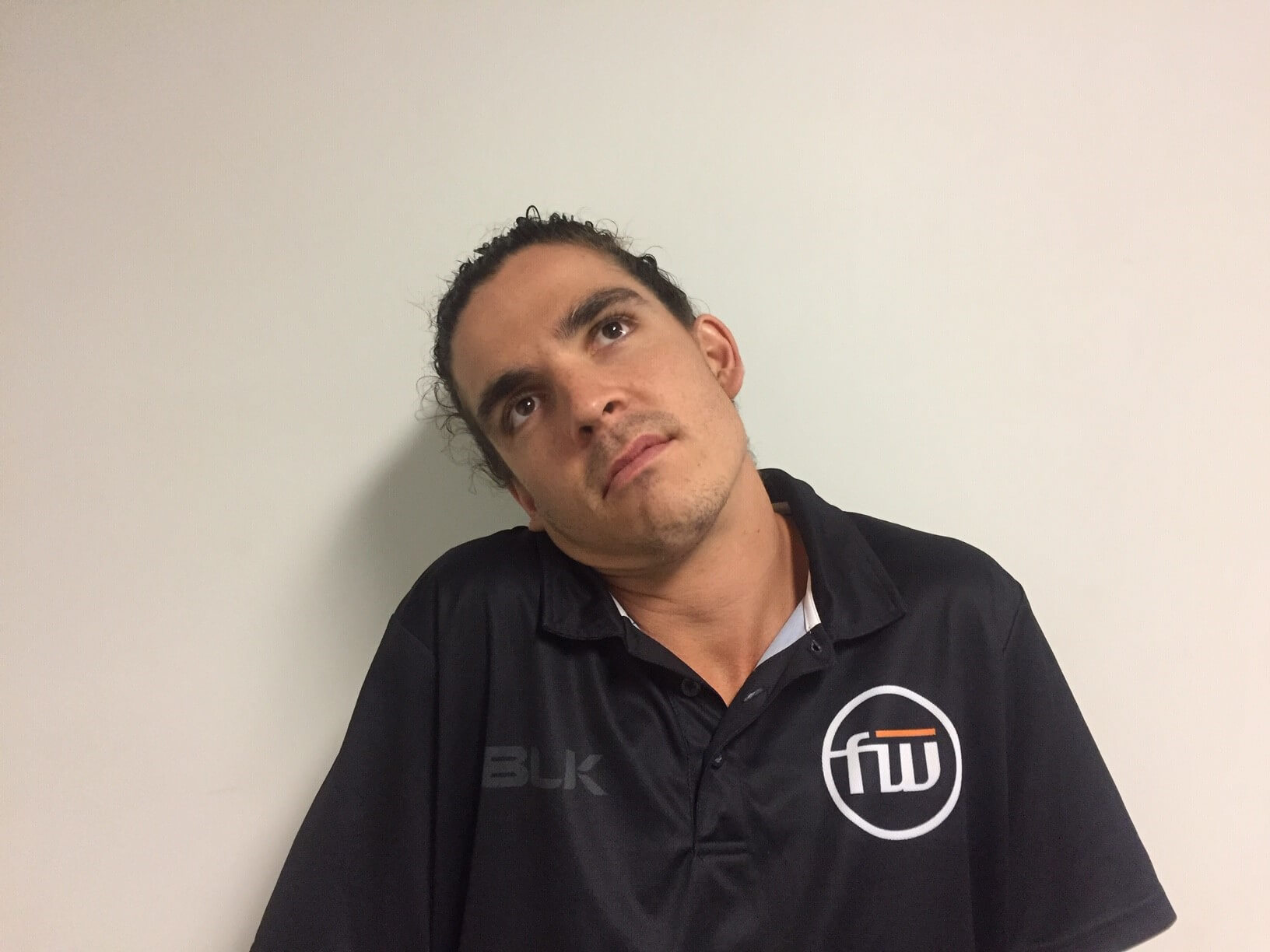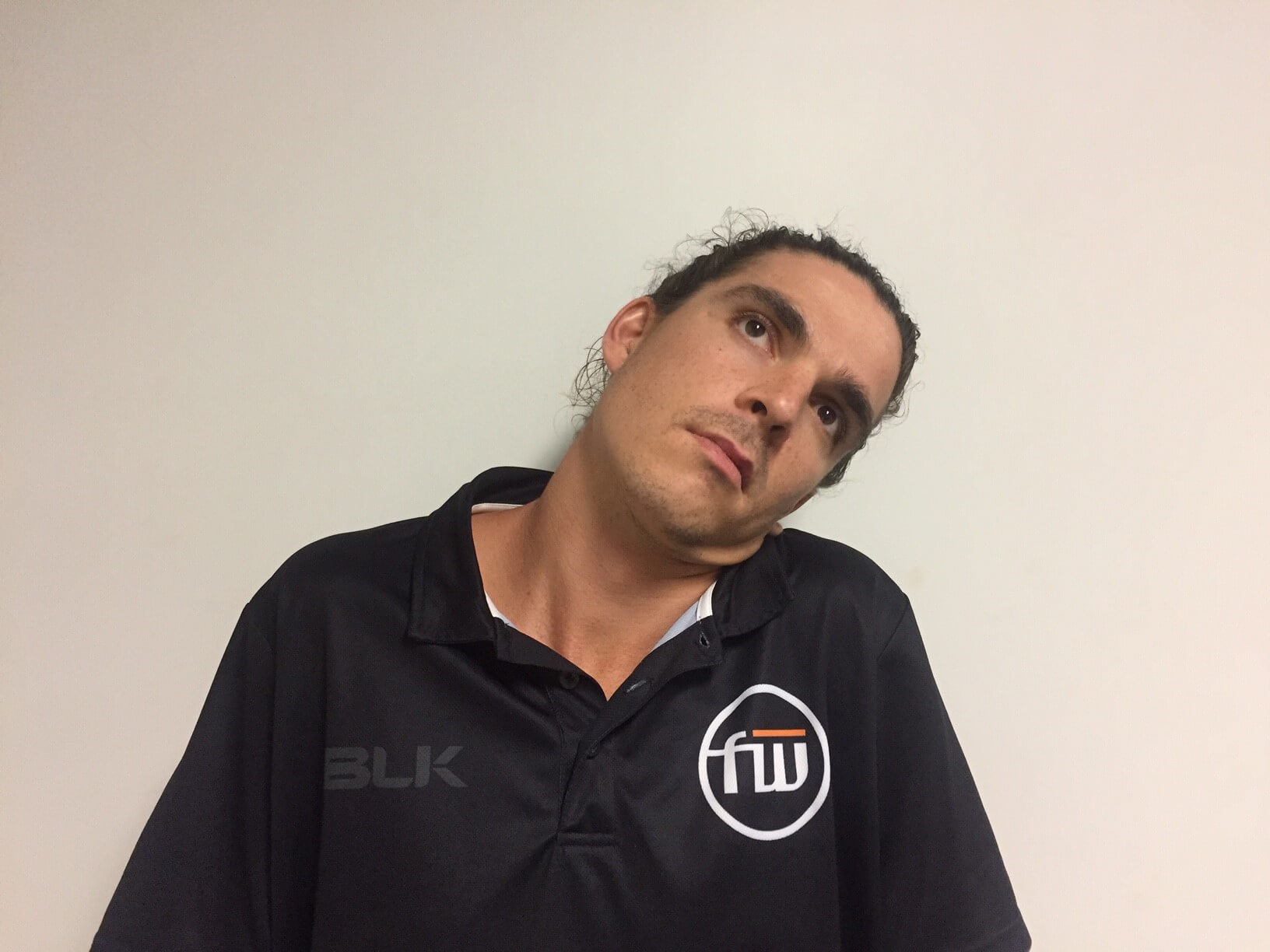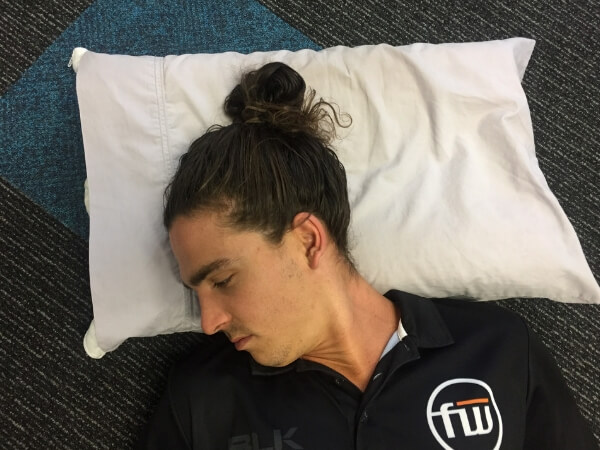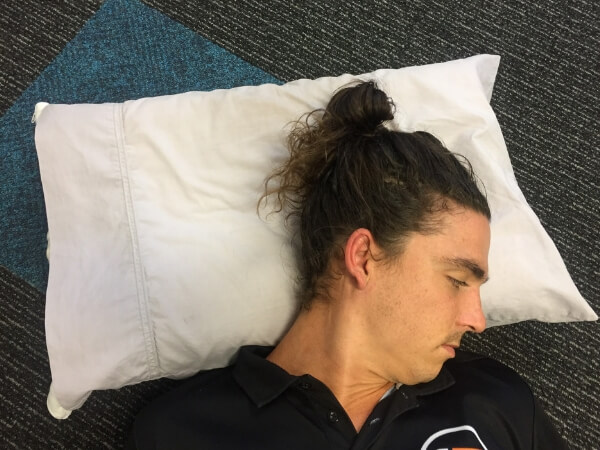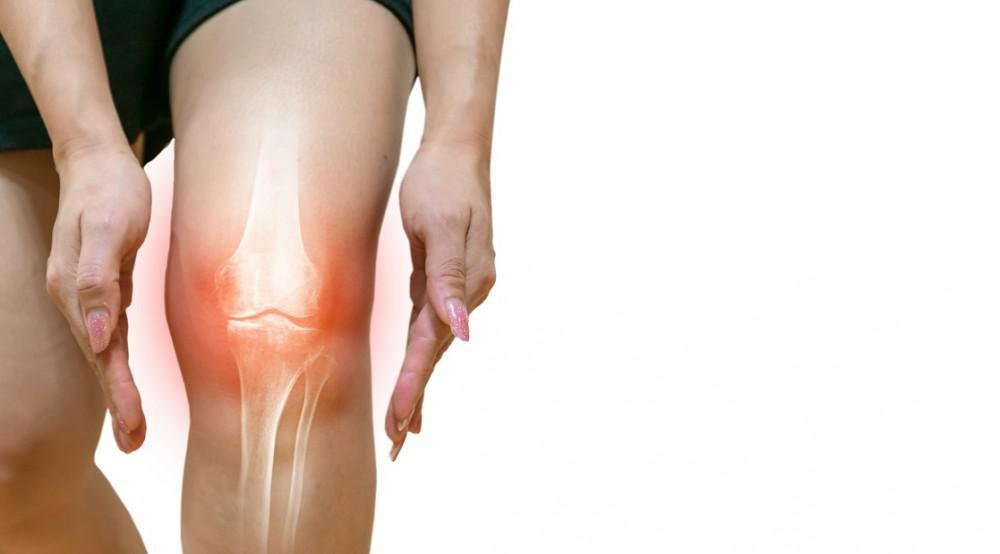Fieldguide: Neck Pain & Headaches
Do you suffer from headaches, neck pain or jaw pain? Are you wanting to know whether your neck is moving well and/or if it is the cause of this pain?
Then this blog is for YOU!!
At the end of the blog there is a Neck Health Checklist that you can download and try at home. This checklist consists of several movements which we will discuss throughout the blog.
Did you know that your headaches may actually be caused by an issue in your neck?
These headaches are known as cervicogenic headaches.
Neck pain and headaches often go together hand in hand. The joints, muscles and nerves in your neck, when aggravated can refer into the face causing unpleasant pain.
Headaches can also be caused by issues with your jaw. Have you been told by your dentist that you grind your teeth at night? You may also wear a splint for the grinding.
Are you sick of taking medications to get the relief you need? Physiotherapy is a great alternative to help relieve your pain. We will also get to the bottom of what is causing your neck pain, jaw pain or headaches and help prevent them from occurring in the future.
So how do I know if my headaches are coming from my neck?
These are the common signs we see in people with cervicogenic headaches:
Stiffness in the neck with associated headache
One sided headache that can start at the back of the neck and radiate to the front
Pain when pressing on the back of the neck
Jaw pain that refers into the head
How can I assess myself to see if my neck is moving well?
Here we will explain how to complete the Neck Health Checklist at home. It will help you identify if your neck is stiff, if you get pain with movements and if your neck could be the cause of your headaches.
At first we ask you three questions:
Do you get headaches?
Do you get neck pain?
Do you get jaw pain?
If you answered YES to any of these, STOP right there! Headaches, Jaw Pain and Neck Pain can all be related and should be looked into further. It is not fun to live with pain or discomfort. We would suggest making a booking with a physiotherapist or come to our Neck Pain and Headache Information Night on April 30th.
We understand that headaches, neck pain and jaw pain can really affect your daily life! The physiotherapists at Fieldwork want to help you get to the bottom of what is causing your pain and get you living life pain free.
If you answered NO to the first three questions, let’s check out your movement!!
HOT TIP - You should be able to do all these movements without pain or discomfort!! Note if you feel pain with any of them.
Chin to Chest
You should be able to touch your chin to your chest with your mouth closed. Take note of whether you can do it and if there is any pain or discomfort.
Can you look over your shoulders and touch your chin to collar bone?
Test out both sides! You should be able to do both with no pain or discomfort. Your shoulder blades should not need to lift up to do this, and your chin should reach half way down your collar bone
Can you look up to the roof?
Make sure you keep your mouth closed. You should feel no pain or discomfort with this.
Can I bring my ear to my shoulder?
Normal distance is a fist distance between your ear and shoulder. Note if you feel pain or discomfort. You should be able to do this without lifting your shoulders or twisting your neck.
They are our 4 main movements!
Now, we want to test if your shoulders have an influence on how far you can move, on your pain or your discomfort.
Shrug your shoulders and complete the 4 movements above. Take note of how they feel compared to with your shoulders down. If they feel better or you can move better with your shoulders up, your shoulders are likely the culprit. Shoulder positioning and strength can have a major influence on neck and shoulder pain.
Last one!! Have a lie down on your back and repeat step 2. Does this make a difference to your movement or pain? If the answer is yes, your standing posture is most likely affecting your pain levels. This means there is unlikely an issue with your joints, but likely some imbalance with your muscles.
So what should I do now?
You’ve now identified if you have any restrictions in your movement or pain with them. You’ve worked out if your shoulders or posture is affecting your neck!
So what should you do now?
If you’ve identified any pain, headaches, stiffness or are unable to complete any of these movements, it would be advised to have a thorough assessment completed with one of our physiotherapists at Fieldwork. They will help discover the reason for your pain or lack of movement and get you moving well again!!
We also have a Neck Pain and Headache Information Night coming up so sign up, join us on the night, and learn some ways of helping that sore neck or head of yours!!!
Our Recent Blog Posts


